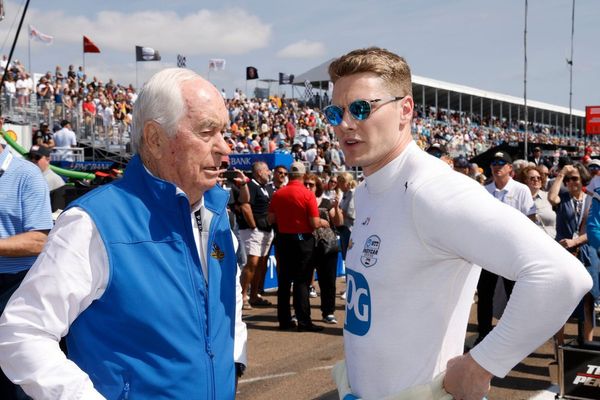
Back in September, we wondered about what monetary policy would look like in a world where the reaction against globalisation, demographic change that created workforce shortages, pandemics and climate change would increase inflation pressures and add to economic volatility.
How does the Reserve Bank cope in a world where multiple external sources of inflation are beyond the immediate control of policymakers, where inflationary pressures are a constant, revolving mix of threats, not transitional phenomena? Does it persist with its 1990s ‘I have only one tool and it’s a hammer’ approach of always bludgeoning demand?
Last night, Reserve Bank governor Philip Lowe gave an address in Melbourne on exactly that: what does monetary policy look like when globalisation goes into reverse, the working age population is declining, and climate change is causing more economic damage? To this list, Lowe added the energy transition.
These are all supply-side factors: they shape the supply of goods and services, their distribution and their costs, manifesting in more volatile and, likely, higher prices. Lowe said “that will make monetary policy more complicated”, but will not “undermine our ability to achieve the inflation target on average”.
Lowe’s concession to greater volatility is that “we are likely to have to live with more variability in inflation” and that it is appropriate to have a medium-term inflation target, like we have, rather than a short-term target. He also admits that the RBA’s primary tool, interest rates, is less useful in such a world:
Life is more complicated in a world of supply shocks; an adverse supply shock increases inflation and reduces output and employment. Higher inflation calls for higher interest rates but lower output, and fewer jobs call for lower interest rates.
Lowe doesn’t say how the RBA will address that tension — merely that it will have to address it more frequently. Which in light of what he’s already said about growing supply-side volatility is merely a statement of the obvious. The only guidance seems to be that short-term inflation spikes won’t necessarily drive interest rate rises if the medium-term inflation outlook doesn’t require it.
But he has left us in no doubt that adhering to the inflation target in exactly the manner that the RBA is doing now will be the continuing approach.
It’s when Lowe turns his attention to other ways of dealing with this greater volatility, however, that his speech goes from not especially helpful to offensive. Lowe’s prescription is:
As a country, we need to do what we can to make sure that the supply side of our own economy is flexible. In a world of more frequent supply shocks, we will be better off if there is flexibility in our labour and product markets so that we can respond quickly and effectively. This includes flexibility in terms of fiscal policy, which requires maintaining a strong underlying structural budget position.
He then goes on to say that lifting labour productivity is important.
At no point did Lowe directly address another key cause of the current bout of inflation: businesses exploiting their market power to push prices up to increase profits, under the cover of inflation. At no stage did he mention competition or market power. Nor did he mention that increases in labour productivity in recent years have flowed entirely to business rather than into wage rises. Staggeringly, he continued to warn of a wage-price spiral while workers are enduring massive real wage cuts. Nor did he mention the windfall profits for energy companies that higher energy inflation is generating.
Lowe operates in an environment that works against him seeing the lack of competition and surfeit of market power as a problem, since he shares a Reserve Bank board with senior business figures from large corporations.
It’s perhaps understandable that his only prescription for a more volatile world consists of neoliberal pabulum about flexible labour and product markets, reducing spending and lifting productivity. But it means that those least able to affect inflation bear the heaviest load in dealing with it, while those responsible for it get to enjoy the benefits of “flexible” markets.
More and more it seems the RBA has been captured by the business side of the economy, with the views of the larger side of the economy, labour, consumers and households excluded.
The irony is that in an economy where consumption and especially services are the drivers of demand, growth and business profits, the board and management of the premier policymaking institution has no input whatsoever from this side of Australia’s economic equation — except what is represented by the dry figures in the monthly and quarterly economic data the Australian Bureau of Statistics and the RBA generates.
Has Philip Lowe been captured by the business side of the economy, leaving workers knocking on the door? Let us know by writing to letters@crikey.com.au. Please include your full name to be considered for publication. We reserve the right to edit for length and clarity.






